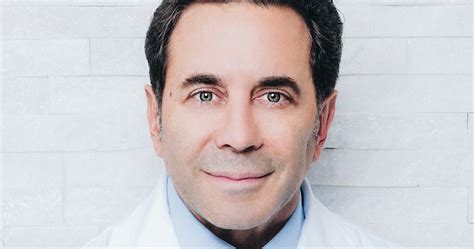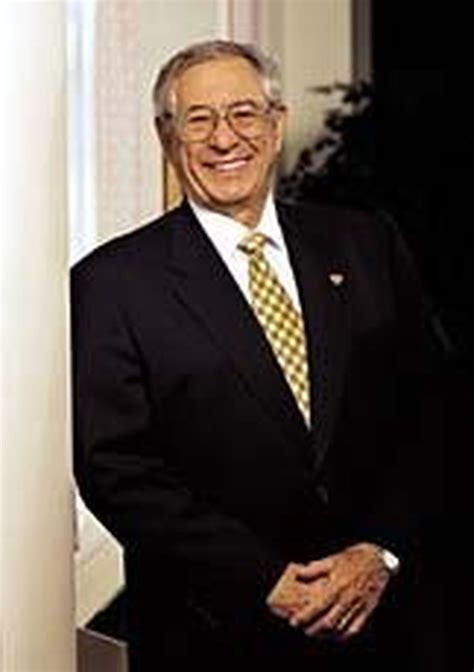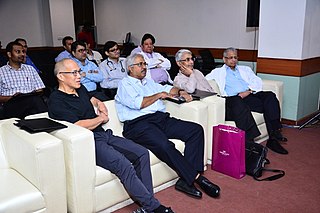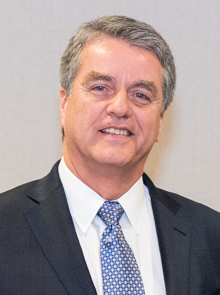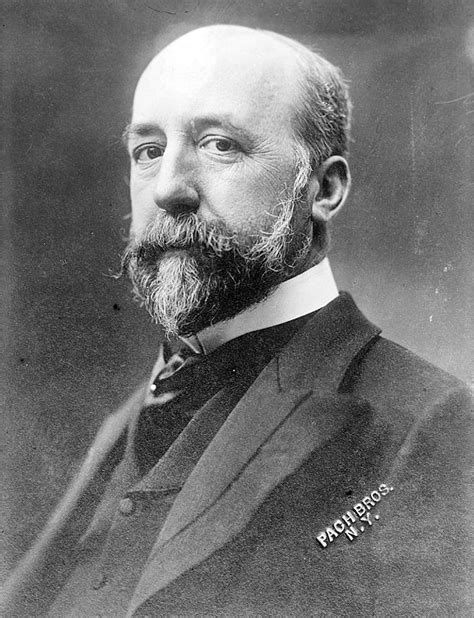A Quote by Paul Nassif
Obviously it's always hard when you tell a patient you can't help them, because maybe it's a physical constraint with the surgery, but in regards to telling a patient that they're not realistic and they're not appropriate psychological candidates, we're pretty used to it.
Related Quotes
When a patient tells a doctor that every symptom is the most horrible ever - and the physical exam and labs are normal - we often suspect something psychological is going on. The symptoms aren't fake. They're physical manifestations of anxiety, depression, and stress. So while I'm always on the lookout for a serious underlying disease.
It's been the greatest gift that I've been given. Because no matter how much my parents have asked me to be more patient, no matter much my husband has asked me to be more patient, none of it mattered until I had a kid. And then all of sudden I was like, "Oh. I have to be more patient." They were all like, "Yeah! We've been telling you that for twenty years!" And I find it to be a gift. Every day I'm more patient.
One can envisage taking cells from a patient with sickle-cell anaemia or an inherited blood disorder and using the Cas9 system to fix the underlying genetic cause of the disease by putting those cells back into the patient and allowing them to make copies of themselves to support the patient's blood.
I tell residents, if you gave me two patients with identical problems, and one of them had family at the bedside with a lot of laughter, plus photos and a quilt from home, and next door was another patient who was alone every time I came by - I'm going to be very nervous about the isolated patient's mental status.
